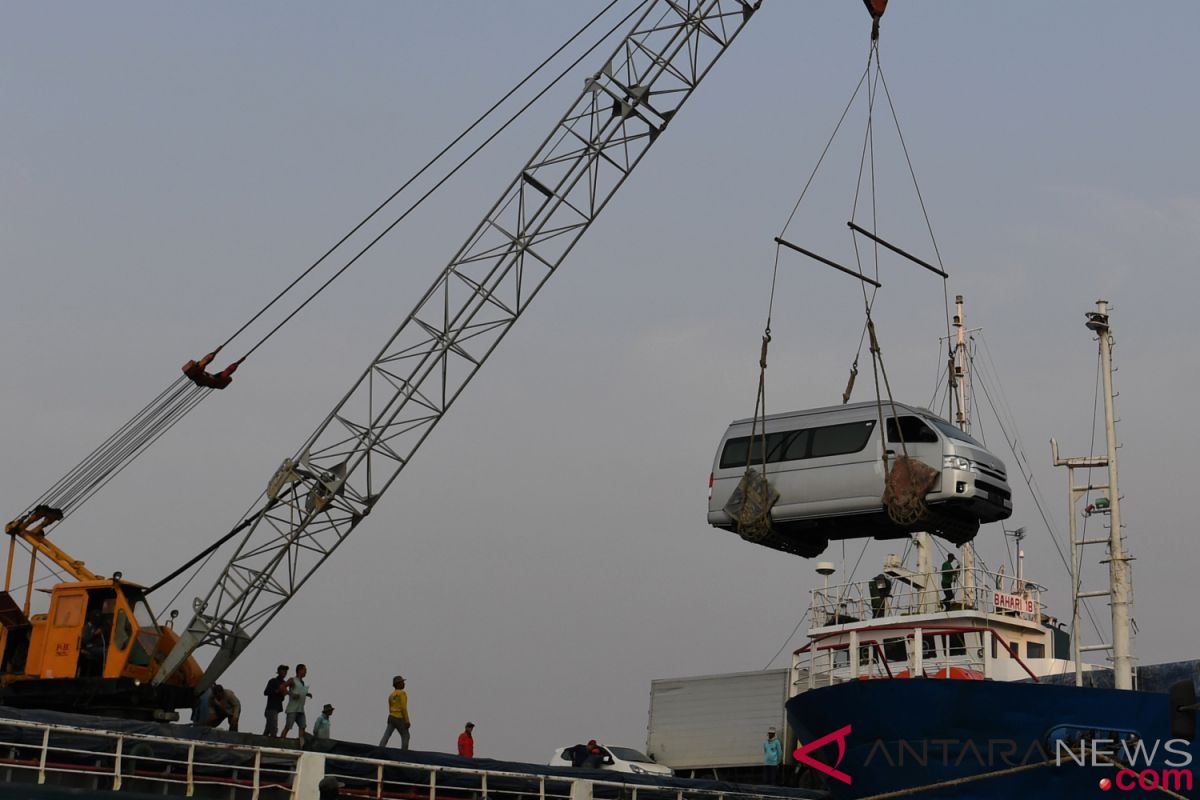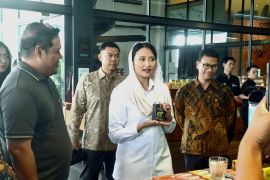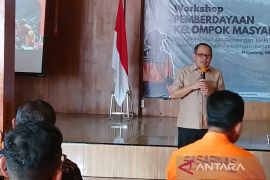"Indonesian businesses should make breakthroughs and take initiatives to make use of the trade war conditions," the minister said here on Friday.
She said now is the time for Indonesian businessmen to increase production and begin exporting to the powerful countries.
However, the minister also did not want entrepreneurs to take shortcuts that would harm Indonesia, such as lending names to China so that its products could enter the United States.
Pudjiastuti said that the current trend of fisheries production was increasing, as in 2017, capture fisheries production reached 6.8 million tons and aquaculture production was 16.1 million tons.
Based on data from the KKP, five provinces that had the largest marine capture fisheries production trends from 2015-2017 were Maluku, North Sumatra, East Java, North Sulawesi and South Sulawesi.
The five types of fish caught in the sea, which had the biggest production trends from 2015-2017 were skipjack, tuna, snapper, mackerel, and shrimp.
The five provinces that had the biggest aquaculture production trends from 2015-2017 were South Sulawesi, East Nusa Tenggara, Central Sulawesi, East Java and West Java.
Furthermore, five types of aquaculture fish that had the largest production trends from 2015-2017 were seaweed, tilapia, catfish, shrimp, and milkfish.
Previously, Destructive Fishing Watch (DFW) said the strengthening of the value of the US dollar against the rupiah was an opportunity to increase the number of commodity exports in the maritime and fisheries sector.
"This condition must be utilized by fisheries businesses to boost exports," said DFW National Coordinator Moh Abdi Suhufan.
According to Suhufan, the government and the fishing businesses need to work together to take advantage of the opportunity of the strengthening of the US currency.
However, he acknowledged that the opportunity to increase the export volume still faced a number of challenges, such as price and product quality, or factors such as the price fall and production increase in other countries.
"The government as a regulator needs to monitor fish trading activities so that domestic needs can be met so as not to cause inflation, but on the other hand, ensuring export opportunities can be used optimally," said Suhufan.
Reporting by Muhammad Razi Rahman
Editing by Andi Abdussalam, Suharto
Reporter: antara
Editor: Heru Purwanto
Copyright © ANTARA 2018












